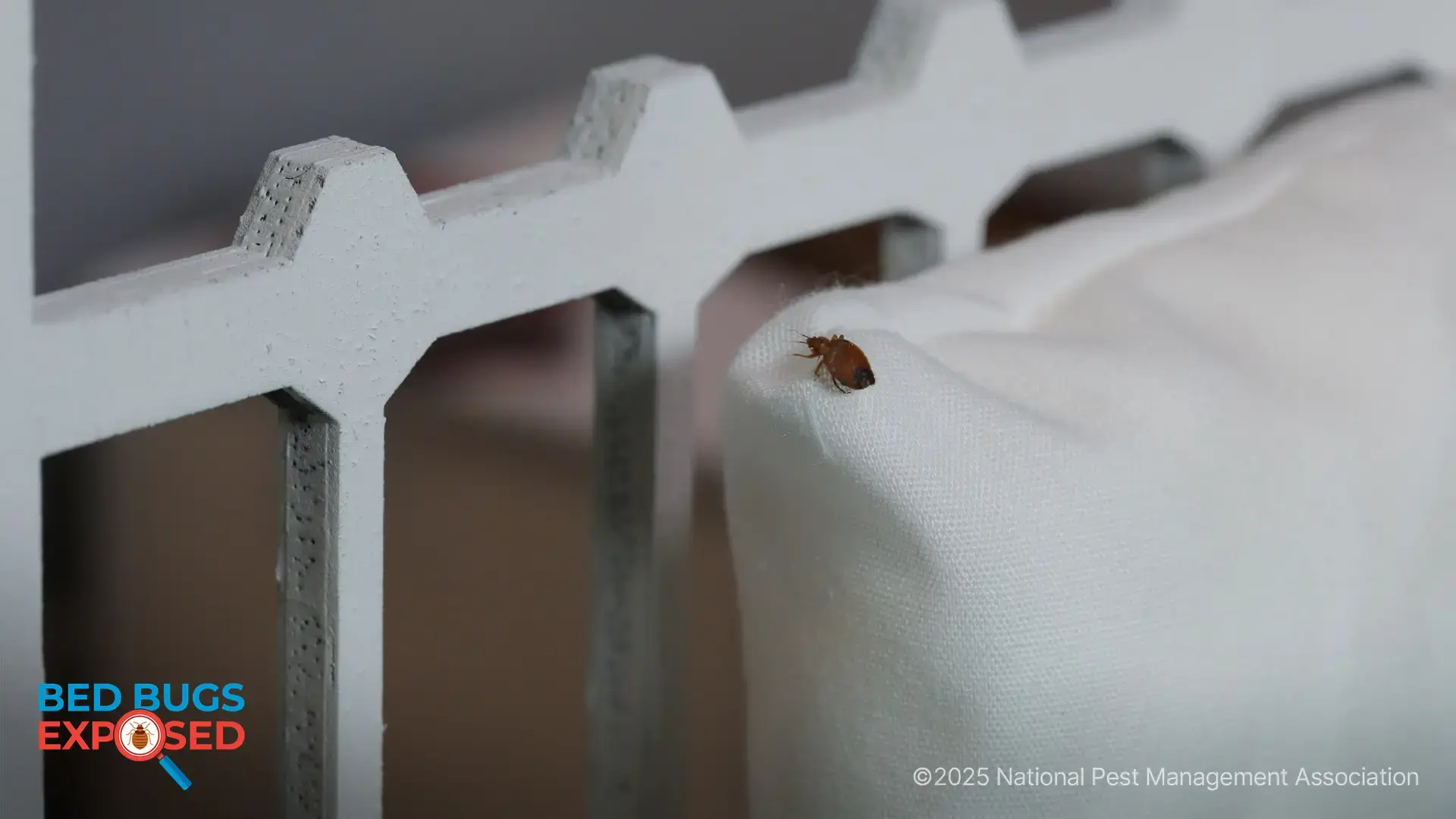Mouse Meningitis: What You Need to Know
When most people hear the term rodent-borne disease, the likes of Hantavirus, plague, rat-bite fever and salmonellosis are probably the first few to come to mind. However, there’s another rodent-borne viral infectious disease people should be aware of as we enter the winter season — Lymphocytic choriomeningitis, or LCM, which is caused by lymphocytic choriomeningitis virus (LCMV). LCMV is excreted in the urine and feces of rodents, including mice, rats, and hamsters, and is transmitted to humans by exposure to secretions or excretions (by direct contact or aerosol) of infected animals or contaminated environmental surfaces. Thus, exposure to fresh urine, droppings, saliva, or nesting materials from infected house mice is the typical mode of transmission. Individuals who are bit by an infected rodent may also be at risk of exposure.
The Centers for Disease Control and Prevention (CDC) estimates that 5 percent of house mice throughout the United States carry LCMV and are able to transmit the virus. Infections are more common in the colder months when mice enter homes seeking shelter from the looming winter elements.
Symptoms and Treatment of LCMV
Most commonly, infection with LCMV has two phases. The first phase has non-specific “flu-like” symptoms, such as fever, malaise, lack of appetite, muscle aches, headache, nausea, and vomiting. The second phase of illness is dominated by neurologic disease. According to the CDC, symptoms may include meningitis (fever, headache, stiff neck, etc.), encephalitis (drowsiness, confusion, sensory disturbances and/or motor abnormalities), or meningoencephalitis (inflammation of both the brain and meninges). Most cases are self-limited, but others may require hospitalization based on severity. A minority of patients with LCMV develop orchitis (inflammation of the testicles), parotitis (inflammation of parotid or cheek glands), myopericarditis (inflammation around or of the heart), or arthritis (joint inflammation and pain).

That said, infection is a much greater problem for women who become infected with LCMV during pregnancy because they may pass the infection on to the fetus with serious consequences. First trimester infections may result in fetal death and miscarriage. Infections in the second and third trimesters may result in serious and permanent birth defects including vision problems, mental retardation, and hydrocephaly (water on the brain).
Unfortunately, there is no specific antiviral therapy for LCMV and nor is there any vaccine to prevent these infections.
How to Prevent LCMV
LCMV infection can be prevented by avoiding contact with mice and other rodents and their excrement. Rodent control in and around the home remains the primary strategy for preventing LCMV infection. Homeowners should seal up rodent entry holes or gaps with a silicone-based caulk, steel wool, or a combination of both. But beware! Mice are surprisingly flexible and can fit through surprisingly small openings. A common comparison is that if you can fit a pencil or a dime into a hole, a mouse can likely get through it as well, so professional management may be advisable.
It’s also important to take precautions when handling pet rodents (i.e. mice, hamsters, or guinea pigs). If you find rodent feces, hear sounds of scurrying in the walls or observe other signs of an infestation, contact a licensed pest professional to inspect and treat the pest problem. View more information on preventing a rodent infestation.

Learn About Rodents
Rodents invade millions of homes each winter. Learn more about them!

NPMA's Bug Barometer Forecast
The latest Bug Barometer® forecast from the National Pest Management Association reveals what homeowners across America can expect from pest activity this fall and winter.

NPMA's Bed Bugs Exposed Project
Check out NPMA's Bed Bugs Exposed project to learn more about this hitchhiking pest and how to prevent an infestation at home.
Find a PEST PRO in your area

Learn About Rodents
Rodents invade millions of homes each winter. Learn more about them!

NPMA's Bug Barometer Forecast
The latest Bug Barometer® forecast from the National Pest Management Association reveals what homeowners across America can expect from pest activity this fall and winter.

NPMA's Bed Bugs Exposed Project
Check out NPMA's Bed Bugs Exposed project to learn more about this hitchhiking pest and how to prevent an infestation at home.
